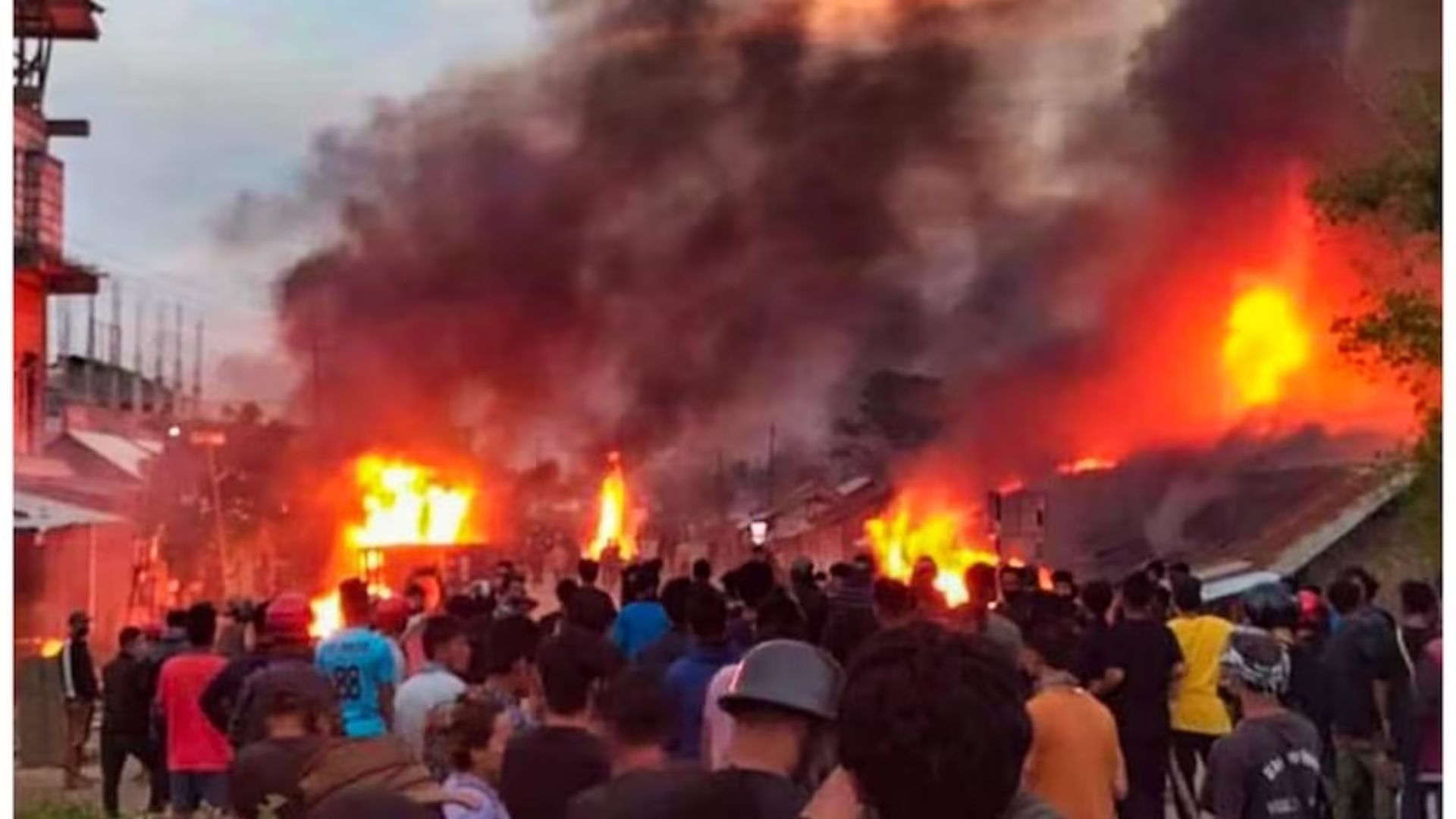The Netflix series ‘IC 814: The Kandahar Hijack,’ depicting the harrowing 1999 hijacking of an Indian Airlines flight, has sparked controversy due to its portrayal of the terrorists with Hindu codenames. Amidst the uproar, two survivors of the hijacking have shared their perspectives, offering insights into the accuracy of the series and their own traumatic experiences.
Survivors’ Accounts
Reflections on the Netflix Series
Rakesh Kataria, who, along with his wife Pooja, was returning from their honeymoon in Nepal during the hijacking, has voiced his reservations about the series. In an interview with India Today TV, Rakesh admitted to avoiding the show due to his desire not to “relive the ordeal again.” However, he defended the series, stating, “I have heard about the controversies, but what Netflix has shown is the truth.”
Rakesh explained that the use of the codenames “Bhola” and “Shankar” for two of the five hijackers was accurate. He clarified, “Those weren’t their actual names, just aliases. Netflix did not make up the names. The five hijackers were Muslim, but the two had Hindu codenames. This is not made up, Netflix has tried to show the truth.”
Pooja Kataria’s Experience
Pooja Kataria corroborated her husband’s account and further emphasized the authenticity of the series’ portrayal. She stated, “Bhola and Shankar were the names used to call the two hijackers. This is not fiction, but the complete truth.” According to Pooja, the codenames “Burger, Doctor, Bhola, Shankar and Chief” represented the terrorists involved in the hijacking. She remarked, “What you see in the Netflix show, is what we actually went through.”
Pooja also commented on the focus of the series, noting that it concentrated more on the political aspects of the hijacking, such as the negotiations between the terrorists and the Indian government, rather than the internal experiences of the hostages. She recounted the dramatic moments when the hijackers announced the plane had been hijacked and instructed passengers to keep their heads down, reflecting the real-life terror they experienced.
The Hijacking Incident
Details of the Hijacking
The Indian Airlines flight IC 814 was hijacked shortly after its departure from Kathmandu on December 24, 1999. The aircraft was initially diverted to Amritsar for refueling, then to Dubai, before ultimately landing in Kandahar, Afghanistan. The seven-day ordeal saw the hijackers demand the release of high-profile terrorists, including Maulana Masood Azhar, Ahmed Omar Saeed Sheikh, and Mushtaq Ahmed Zargar. The Indian government eventually acceded to these demands.
Also Read: Netflix’s ‘IC 814’ Series Faces Scrutiny From Centre Over Portrayal Issues
Controversy and Government Response
The controversy surrounding the Netflix series centers on the use of Hindu codenames for the Muslim hijackers. The External Affairs Ministry previously identified the hijackers as Ibrahim Athar, Shahid Akhtar Sayeed, Sunny Ahmed Qazi, Zahoor Mistry, and Shakir. The series, however, chose to use fictional codenames such as ‘Chief’, ‘Doctor’, ‘Shankar’, ‘Bhola’, and ‘Burger,’ leading to objections from some quarters.
In response to the backlash, the Ministry of Information and Broadcasting summoned Netflix India’s content chief, Monika Shergill, to address the contentious elements of the series. Shergill appeared before Ministry officials earlier this week to provide clarifications.
Memorabilia and Personal Reflections
Items from the Flight
During her interview, Pooja Kataria also displayed personal memorabilia from the hijacking, including a shawl autographed by one of the hijackers, “Burger,” and other items like boarding passes, a can of Pakistani Pepsi, and a cigarette holder. These items, preserved as mementos of their traumatic experience, underscore the lasting impact of the incident on the survivors.
Must Read: Take Care Of Nation’s Sentiments: Government On The Netflix Series ‘IC 814 Kandahar Hijack’
















